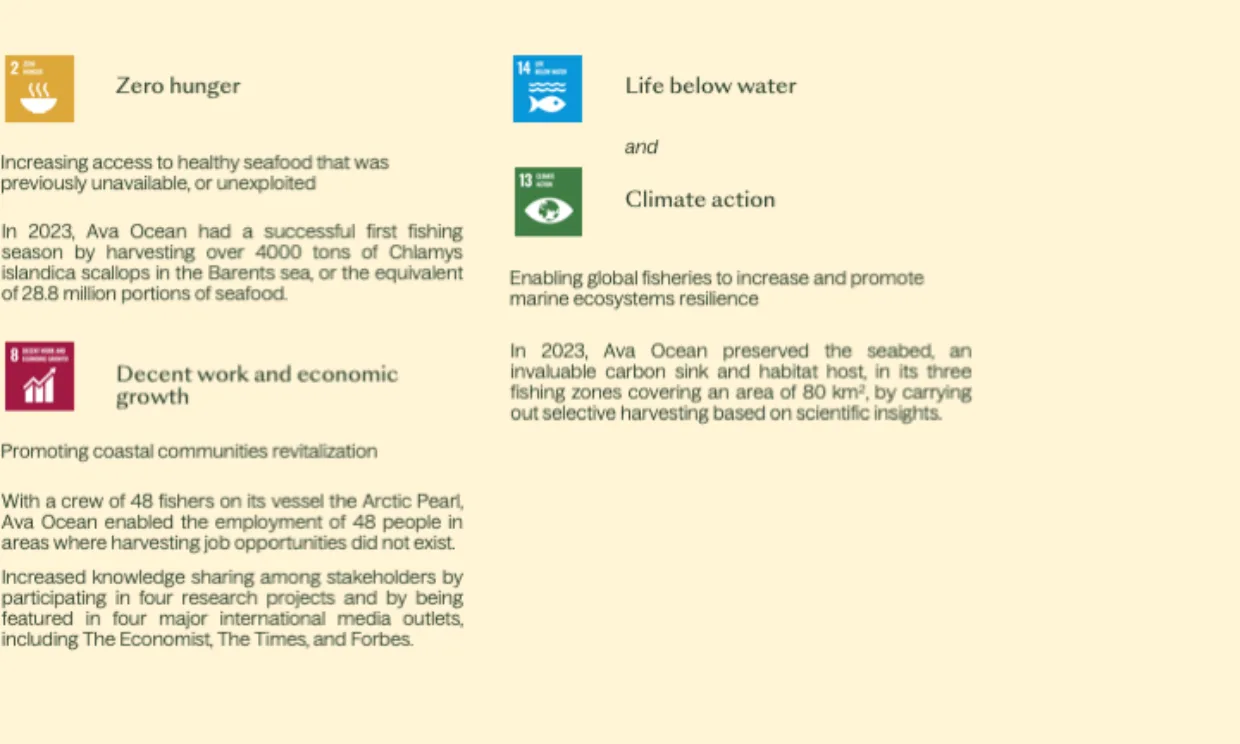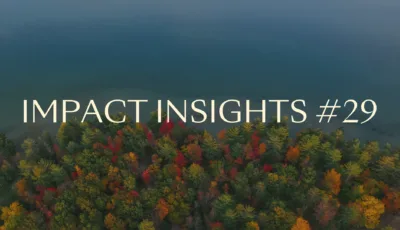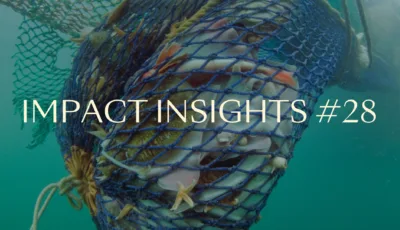Sustainable Seas: Ava Ocean's Game-Changing Innovation
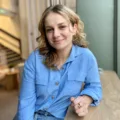
The future of sustainable seabed harvesting
Part of Norselab's growth portfolio, Ava Ocean has developed a unique, seabed-friendly method for harvesting shellfish. The method allows for identifying, selecting, and sorting seafood species without harming marine ecosystems. The company's technology has reopened the fishery of Arctic scallops in the Barents Sea after 30 years of closure. Ava Ocean also actively contributes to increasing knowledge about human impact on marine life.
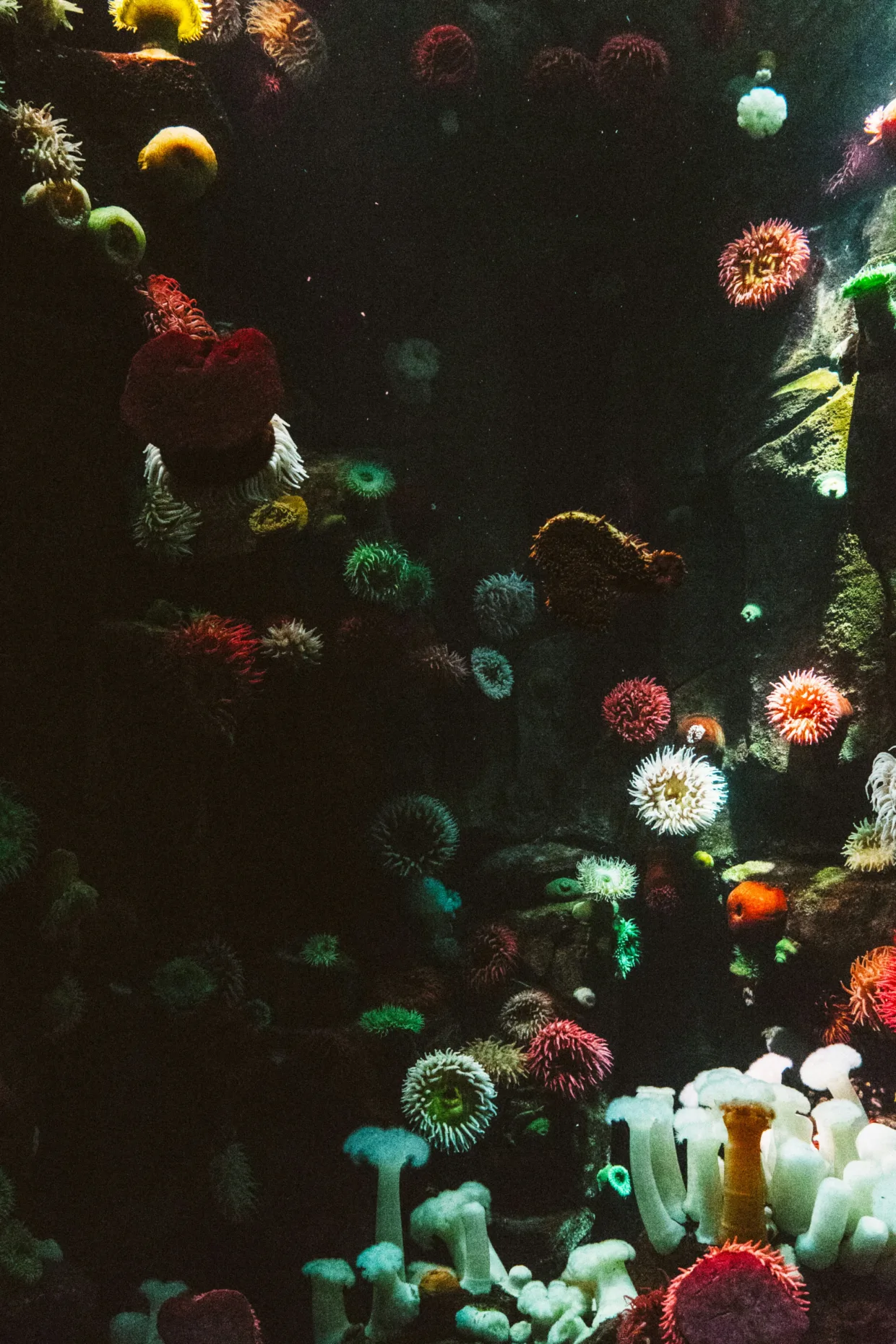
The challenge
We don’t talk enough about the seabed. It is misunderstood and often overlooked. Yet, Ava Ocean’s Dagny-Elise Anastassiou compares the seabed to a boat’s trim tab: it is rarely talked about, but one movement can change the course of the whole vessel. However, up until now, the vast majority of human activity on the seabed has been destructive. Traditional dredging methods to harvest seafood, such as scallops, have resulted in significant amounts of C02 released and lasting harm on invaluable marine ecosystems, which take years to restore. For instance, kelp forests provide ecosystem services valued at US $ 500bn a year.
As a result, seabed dredging is banned or restricted in some countries, such as Norway, but about 1,000 dredgers for shellfish are still active in our oceans today.
The seabed is vital for all life on earth and holds abundant opportunities and unexplored seafood resources. As a large share of our global population depends on the ocean and its resources for food, employment, and community building, unlocking the seabed’s wealth of resources while preserving its delicate ecosystem has the potential to create large-scale impact across a range of sustainability challenges.
How Ava Ocean attacked the challenge
In close collaboration with research institutes and authorities, Ava Ocean has taken on the challenge of commercializing a first-of-its-kind harvesting method that allows for the identification, selection, and sorting of seafood species living on the seabed, without harming marine ecosystems.
By proving the effectiveness of its precision seabed harvesting technology in harvesting Arctic scallops, the Norwegian authorities reopened the fishery of Arctic scallops in the Barents Sea after 30 years of closure. Making Ava Ocean’s method widely available in other regions and for other species has the potential to end harmful seabed dredging for good.
Through its active engagement in the community, and participation in four research projects, Ava Ocean contributes to increasing knowledge and understanding regarding humans’ impact on oceans and marine life.
The results Ava Ocean created in 2023
